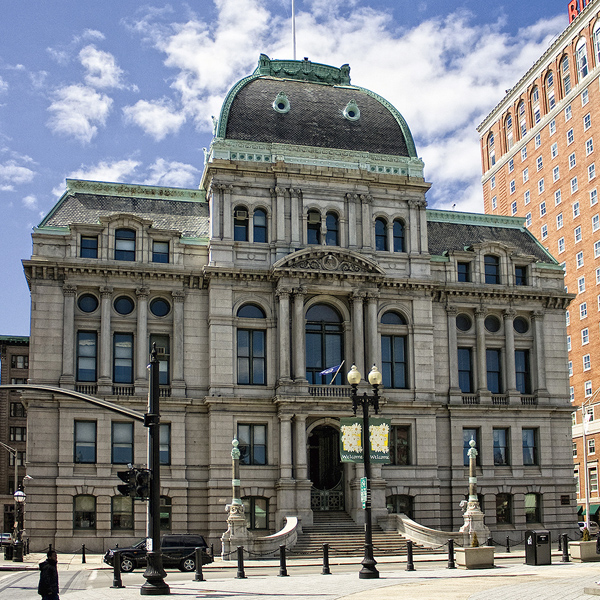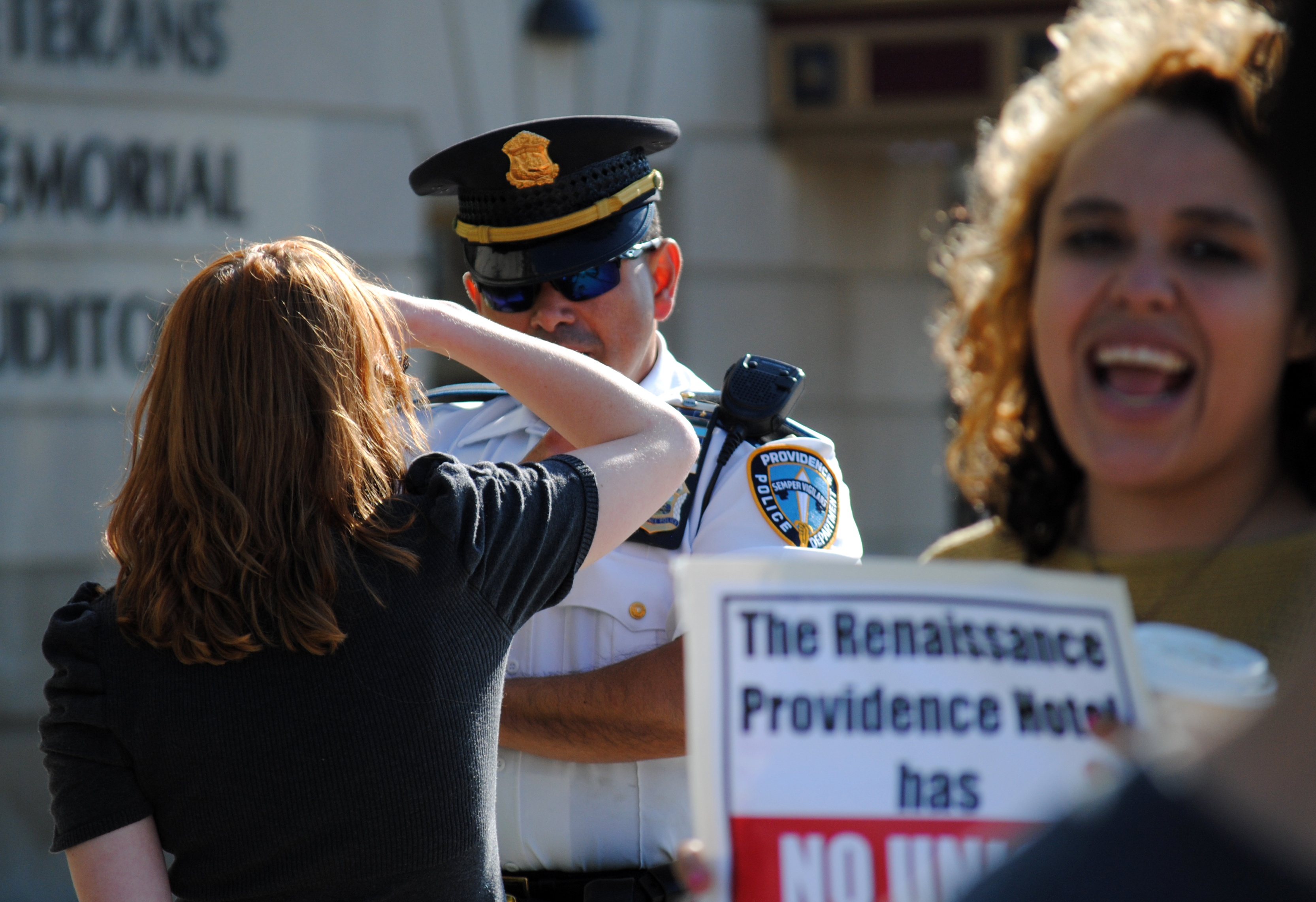
Michael Sabitoni, business manager for the RI Laborers’ District Council, was perhaps a bit misleading when he rhetorically asked RI NPR reporter Ian Donnis, “Why pick on this one — we didn’t even build yet — when I got 50 percent unemployment in the Building Trades?”
Sabitoni was referring to Unite Here Local 217’s efforts to delay the construction of a proposed hotel on Fountain Street. Building a new hotel would provide much needed jobs to the building trades. The proposed hotel is to be paid for and built by The Procaccianti Group (TPG), a company that runs two hotels in downtown Providence: the Renaissance and the Hilton.
Unite Here Local 217 has been in a fight with TPG for a union, fair wages and a contract for over three years. These two hotels pay the lowest wages, demand the most work, and treat employees worse than any other hotels in Providence.
In short, TPG’s treatment of labor in Providence has been nothing short of disgraceful, and at times has been monstrous.
Short of a strike, one of the most powerful weapon a union has is a boycott. Unite Here Local 217 has called for a boycott of TPG hotels until such a time as TPG begins to sit down and work out a contract with hotel workers that ensures decent wages, decent working conditions and respect.
Geroge Nee, president of the RI AFL-CIO, knows the power of boycotts. In a story Nee tells often, he famously came to Rhode Island in 1971 to help organize a successful lettuce boycott for the United Farm Workers of America.
Boycotts are difficult to enforce. With a boycott you’re asking all those in support of workers to change their buying habits. Sometimes you’re even asking workers, businesses and supporters to suffer economic privation as they avoid purchasing needed commodities.
Boycotts depend on worker solidarity.
Union busters know that strikes and boycotts can be broken as soon as workers become hungry enough. Tactics include waiting out the workers, or playing one set of workers against another. Few people are going to honor a boycott when their kids can’t be fed and their mortgage can’t be paid.
When Sabitoni said to WPRI‘s Dan McGowan, “We cannot wait any longer. We need jobs and we need them now,” he was basically admitting that for his people, the boycott is over. They were too hungry to wait anymore.
Solidarity, like a chain, is only as strong as it’s weakest link.
[I reached out to Nee and Sabotoni for comment, and haven’t heard back from either of them yet, but this post will be updated if they chose to respond.]


